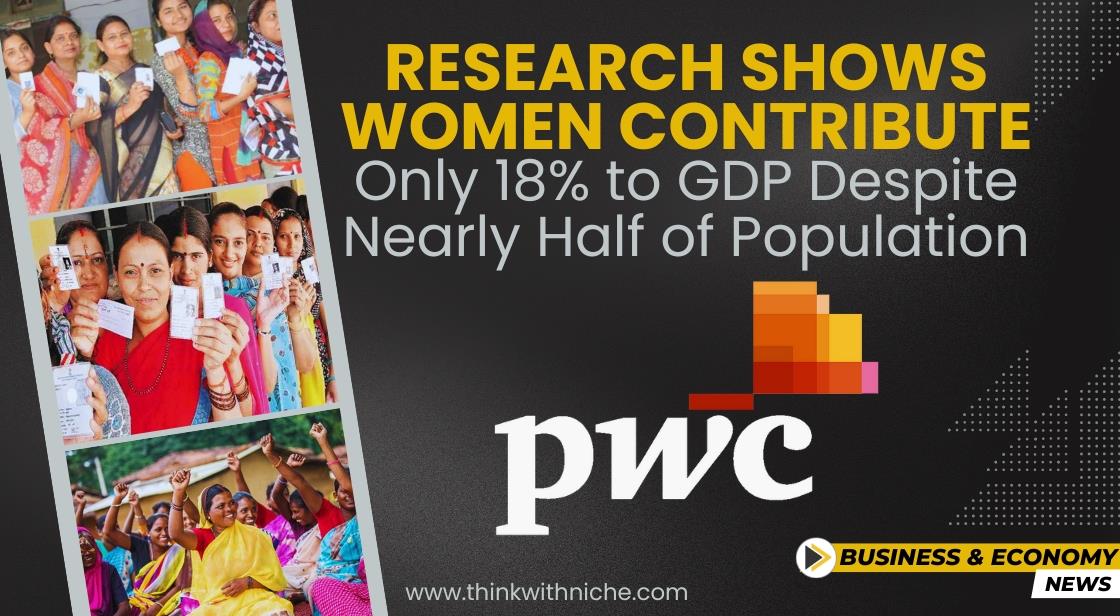Research Shows Women Contribute Only 18% to GDP Despite Nearly Half of Population

News Synopsis
Despite constituting nearly half of the Global population, women's economic contributions continue to lag behind their male counterparts. A recent study conducted by [insert organization or Research institution] revealed that women contribute only 18% to the Gross Domestic Product (GDP). This significant gender disparity highlights the ongoing challenges in achieving gender equality within the economic sphere.
Various factors contribute to this discrepancy, including gender discrimination in the workplace, limited access to education and training opportunities, and societal norms that prioritize men's participation in the labor force. Additionally, women often face barriers such as Unequal pay, limited access to finance and resources, and a lack of support for work-life balance, which further hinder their Economic empowerment.
Considering the variations in Gender
Globally, there is still a problem with gender disparity in terms of economic opportunity and participation. Women encounter major obstacles in their pursuit of economic resources, rights, and opportunities, According to UN Women. They account for fewer than 15% of all agricultural landholders worldwide and only make about a third of labor revenue worldwide. Furthermore, the Gender pay gap data show that women generally make less money than males do in a number of different industries, which adds to the economic inequality.
Gender Inequality's Effect on Economic Growth
The lack of representation of women in the workforce hinders sustainable development and overall economic growth in addition to impacting their well-being and financial independence. The Women in Work 2024 study from PwC UK emphasizes the sluggish progress being made to close the gender pay gap, with estimates suggesting it will take more than 50 years to achieve gender pay fairness at the present rate. The possibility of more inclusive and strong economic growth is compromised by this gender gap.
In order to empower women and advance an egalitarian society, it is imperative that the underlying reasons of gender inequality in economic participation be addressed. In order to close the gap, measures to provide equitable access to Economic, Medical, and Educational possibilities are crucial. Moreover, policy changes emphasizing prejudice eradication and gender equality in the workplace may greatly boost women's economic contributions and help achieve sustainable development objectives.
You May Like









